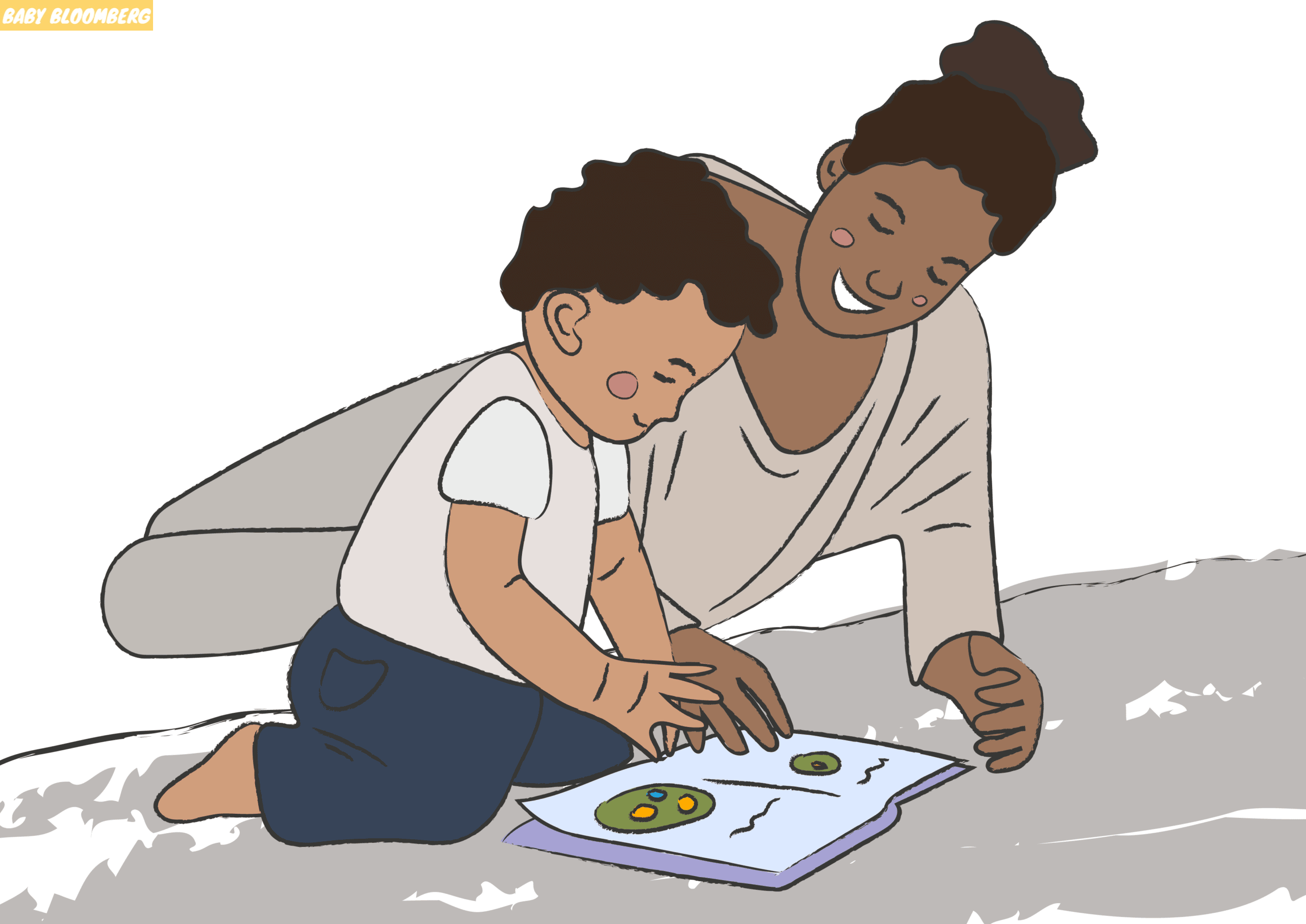Living with parents as an adult can bring about a unique set of challenges and dynamics. While many individuals choose to live with their parents for various reasons, such as financial stability or cultural norms, it is essential to understand the legal rights and obligations that come with this arrangement. In this article, we will explore the legal rights of adults living with parents, including the rights of both parents and adult children, the parental authority over adult children, and the rights to privacy in the family home.
Parents’ Legal Rights
Parents have certain legal rights when it comes to adults living with them in their home. These rights can vary depending on the jurisdiction and specific circumstances. However, some common legal rights that parents possess include:
- Decision-making: Parents often have the final say in important decisions concerning the household and family matters. This authority extends to adults living with parents as well, although it may be subject to negotiation and mutual agreement.
- Right to Financial Contribution: Parents have the right to expect financial contribution from adult children living with them, especially if they are financially capable. This contribution can help with household expenses and is often seen as a fair arrangement when adults choose to live with their parents.
- Maintenance of Order and Rules: Parents have the right to establish and enforce rules and regulations within their household. This includes setting curfews, implementing household chores, and addressing behavioral concerns. Adults living with parents are expected to adhere to these rules to maintain harmony within the household.
Adult Children Living with Parents
Living with parents as an adult can provide numerous benefits, such as financial stability, emotional support, and the opportunity to build stronger family relationships. However, it is essential to understand that there might be legal implications and considerations involved. Here are some critical points to consider:
- Consent and Agreement: Before moving back in with parents as an adult, it is crucial to have an open and honest discussion about expectations, responsibilities, and boundaries. This ensures that both parties are aware of the arrangement and can enter into it consensually.
- Financial Obligations: Adult children living with parents should be prepared to contribute financially to household expenses. This can be in the form of rent, utilities, or other agreed upon financial arrangements. Clear communication and transparency regarding financial obligations can help avoid any disputes or misunderstandings.
- Respect and Autonomy: Living with parents as an adult requires mutual respect and recognition of each other’s autonomy. Adult children should understand that they are guests in their parents’ home and must respect their wishes, rules, and responsibilities.
Rights of Adult Dependents
In some situations, adult children living with parents may be considered adult dependents. This means that they rely on their parents for financial or emotional support due to specific circumstances, such as disability, illness, or other factors. As adult dependents, they may have certain legal rights and entitlements, including:
- Financial Support: Parents may have a legal obligation to provide financial support to adult dependents who are unable to support themselves due to physical or mental incapacity. This support can include financial assistance for living expenses, medical care, and other necessities.
- Inclusion in Estate Planning: Adult dependents may have legal rights to be included in their parents’ estate planning, including wills, trusts, and other arrangements. These legal considerations ensure that adult dependents are provided for in the event of their parents’ incapacity or passing.
- Duty of Care: Parents have a legal duty of care towards their adult dependents, which includes providing for their health, safety, and well-being. This duty may extend to assisting with daily activities, medical care, and ensuring their overall welfare.
Legal Obligations of Parents
Parents have various legal obligations when it comes to their adult children living with them. These obligations are typically rooted in the duty of care and responsibility towards their children’s well-being. Some common legal obligations of parents include:
- Providing Shelter: Parents are generally obligated to provide a safe and habitable environment for their children, including adult children living with them. This obligation includes ensuring the home meets basic health and safety standards.
- Financial Support: Parents may have a legal duty to provide financial support to their adult children, especially if they are unable to support themselves due to specific circumstances. The extent of this obligation can vary depending on factors such as the adult child’s financial capabilities and the parents’ financial situation.
- Legal Guidance: Parents are often expected to provide legal guidance and support to their adult children, especially when it comes to matters such as contracts, legal rights, and obligations. This guidance can help adult children navigate legal complexities and make informed decisions.
Parental Authority over Adult Children
While parents maintain certain authority over their children, even in adulthood, this authority is often more nuanced and flexible than when the children were minors. Here are some important considerations regarding parental authority over adult children:
- Mutual Respect: Parental authority over adult children should be based on mutual respect and consent. While parents may have the final say in certain matters, it is crucial to engage in open and respectful communication to ensure that both parties’ opinions are heard and considered.
- Decision-making Power: Parents may still have decision-making power over significant family matters, such as the sale of the family home or financial investments. However, in other areas of adult children’s lives, such as career choices or personal relationships, parental influence tends to take a backseat to the individual’s autonomy.
- Support and Guidance: While parental authority may shift as children reach adulthood, parents still play an important role in providing emotional support and guidance to their adult children. This support can be crucial during periods of transition, career choices, and personal challenges.
Rights and Responsibilities of Adult Children
Adult children living with parents have certain rights and responsibilities in this unique living arrangement. These rights and responsibilities can help foster a harmonious and mutually beneficial environment within the family home. Some key rights and responsibilities of adult children include:
- Right to Privacy: Adult children have a right to privacy within the family home. While parents may still have an interest in their well-being, respecting boundaries and providing individual space is essential for healthy relationships and personal growth.
- Financial Responsibility: Adult children living with parents should take financial responsibility for their share of household expenses. This includes contributing to rent, utilities, groceries, and other agreed upon financial arrangements.
- Respect for House Rules: Adult children should respect the house rules established by their parents. This includes adhering to curfews, helping with household chores, and maintaining respectful behavior towards other family members.
Legal Rights of Adult Children in the Family Home
Adult children living with parents have legal rights within the family home that should be respected and protected. These legal rights can help ensure a fair and supportive living environment. Some critical legal rights of adult children include:
- Right to Safety: Adult children living with parents have the right to live in a safe and secure environment. Parents have an obligation to address any hazards or safety concerns within the family home to protect their adult children.
- Right to Enjoyment of Property: Adult children have the right to enjoy the family home without unreasonable interference from their parents. This includes having access to common areas, using amenities, and enjoying the benefits of the property.
- Right to Personal Belongings: Adult children have the right to possess and protect their personal belongings within the family home. Parents should respect their adult children’s privacy and refrain from trespassing or disposing of their belongings without permission.
Parent-Child Relationship in Adulthood
The parent-child relationship evolves as children enter adulthood, and the dynamics may change. It is essential to establish a healthy and respectful relationship based on mutual understanding and open communication. Here are some key aspects to consider:
- Maintaining Boundaries: Both parents and adult children must establish clear boundaries to ensure respect and mutual understanding. Boundaries can help define individual space, autonomy, and responsibilities within the family home.
- Open Communication: Effective communication is crucial in maintaining a healthy parent-child relationship in adulthood. This includes discussing expectations, concerns, and navigating potential conflicts with empathy and understanding.
- Mutual Support: While the parent-child relationship evolves, it remains important for both parties to provide support and care for each other. Parents can offer guidance and emotional support, while adult children can provide assistance and companionship when needed.
Legal Rights of Parents and Adult Children
The legal rights of parents and adult children living together must be navigated carefully to maintain harmony and a fair living environment. Some important legal rights of both parents and adult children include:
- Right to Family Unity: Both parents and adult children have a legal right to maintain family unity and foster positive relationships. This right can be protected by establishing clear boundaries, respecting individual autonomy, and promoting open communication.
- Right to Legal Representation: In certain legal matters, both parents and adult children have the right to legal representation. This can be particularly important when it comes to matters such as estate planning, tenant rights, or guardianship.
- Right to Seek Redress: If conflicts or disputes arise within the parent-adult child relationship, both parties have the right to seek redress through legal means. This can include mediation, legal advice, or other dispute resolution mechanisms.
Adult Children’s Rights to Privacy in the Family Home
Privacy is a fundamental right, even within the family home, and adult children living with parents have the right to privacy. Here are some important considerations:
- Personal Space: Adult children should have access to a private and personal space within the family home where they can retreat and have a sense of privacy. This could be a separate room or designated area that they can consider their own.
- Communication and Consent: Parents should respect their adult children’s privacy and seek consent before entering their private space or accessing their personal belongings. Open communication about boundaries and privacy expectations can prevent misunderstandings.
- Confidentiality: Adult children should feel confident that their personal information, conversations, and correspondence within the family home are not to be shared without their consent. Parents should respect their adult children’s privacy when it comes to matters that do not directly affect the household or family well-being.
Frequently Asked Questions (FAQs)
Q: Can parents legally force their adult children to contribute financially?
Parents cannot legally force their adult children to contribute financially. However, if there is an agreement or understanding between both parties, adult children should fulfill their financial obligations. It is best to establish clear communication and expectations from the beginning to avoid conflicts.
Q: Are adult children entitled to inheritance rights if they live with their parents?
Inheritance rights can vary depending on the jurisdiction and specific circumstances. Generally, living with parents does not automatically entitle adult children to inheritance rights. It is advisable to consult local laws and regulations or seek legal advice to understand specific inheritance laws and provisions.
Q: Can parents evict their adult children from the family home?
Parents generally have the right to evict their adult children from the family home if there is just cause, such as non-payment of rent or breach of household rules. However, it is essential to check local laws and regulations as eviction processes can vary depending on the jurisdiction.
Q: Are adult children legally responsible for their parents’ debts?
Adult children are generally not legally responsible for their parents’ debts. Each individual has their own financial responsibilities and obligations. However, it is advisable to consult legal professionals or financial advisors if there are concerns or specific situations that need clarification.
Q: Can parents legally monitor their adult children’s activities in the family home?
While parents have a responsibility to ensure the well-being and safety of their adult children, constant monitoring of their activities is generally discouraged. Adult children have a right to privacy within the family home, and parents should respect boundaries and privacy expectations.
Q: Can adult children sue their parents for neglect or mistreatment?
In extreme cases of neglect or mistreatment, adult children may have legal recourse to protect their rights and seek redress. It is important to consult legal professionals and authorities to address such serious concerns and determine the appropriate course of action.
Living with parents as an adult can present a range of legal considerations and complexities. It is essential for both parents and adult children to understand their rights, obligations, and responsibilities to maintain a harmonious living arrangement. While the legal rights of adults living with parents can vary depending on the jurisdiction and circumstances, open communication, mutual respect, and clear boundaries can help foster a supportive and positive family environment.












